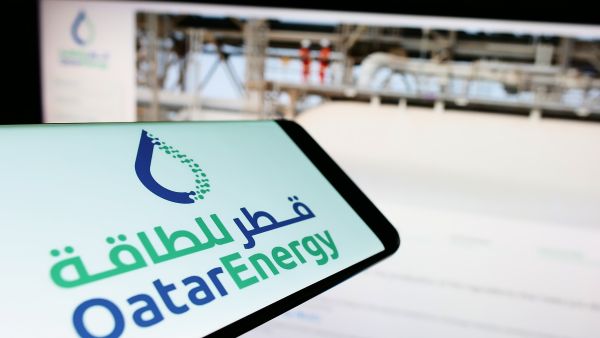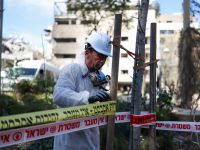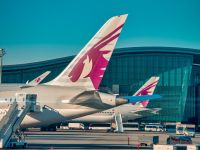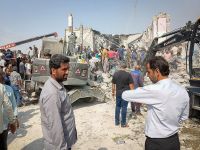ALBAWABA — QatarEnergy on Sunday announced that it had joined a consortium to explore Lebanon’s southern Qana-Sidon reservoir in the Mediterranean Sea for oil and gas.
According to Lebanese caretaker Prime Minister Najib Mikati, the deal will see the Qatar's state-run QatarEnergy take a minority 30 percent stake in Blocks 4 and Block 9 of Lebanon's exclusive economic zone after Russia's Novatek relinquished its minority stake in 2022.
French company TotalEnergies and Italy's state-run energy company, Eni, will both retain 35 percent shares in the blocks which they had gotten under the original 2017 licensing agreement.
Lebanese Energy Minister Walid Fayad and his Qatari counterpart Saad al-Kaabi, who is also QatarEnergy's chief executive officer, signed the deal Sunday, alongside Claudio Descalzi, the CEO of ENI and Patrick Pouyanné, the CEO of TotalEnergies.
“Along with our partners, we are committed to drilling as soon as possible in 2023 an exploration well in Block 9, and our teams are mobilized to conduct these operations,” Pouyanné said in a statement.
"Our concentration will be on block number nine," al-Kaabi told the Associated Press, adding that this could be a first step for QatarEnergy to play a bigger role in future gas exploration projects.
Israel and Qatar, who currently do not have diplomatic relations and are officially still at war, signed a United States-mediated agreement last October that ended a decades-long dispute over the demarcation of their maritime borders.
The accord paved the way for Lebanon to begin gas exploration in the Qana-Sidon reservoir which is partly located inside Israel's territorial waters in return for compensation payments.
"Qatar's entry into the consortium is above all politically significant," energy consultant Naji Abi Aad told Agence France-Presse, adding that Doha's involvement "brings a political guarantee" as Lebanon grapples with deep economic, political and social crises.
Cash-strapped Lebanon hopes discovering oil and gas would offset the worst economic and financial crisis in the country's modern history, that erupted in October 2019, seeing 40 percent unemployment and leaving 50 percent of its population living under the poverty line.







